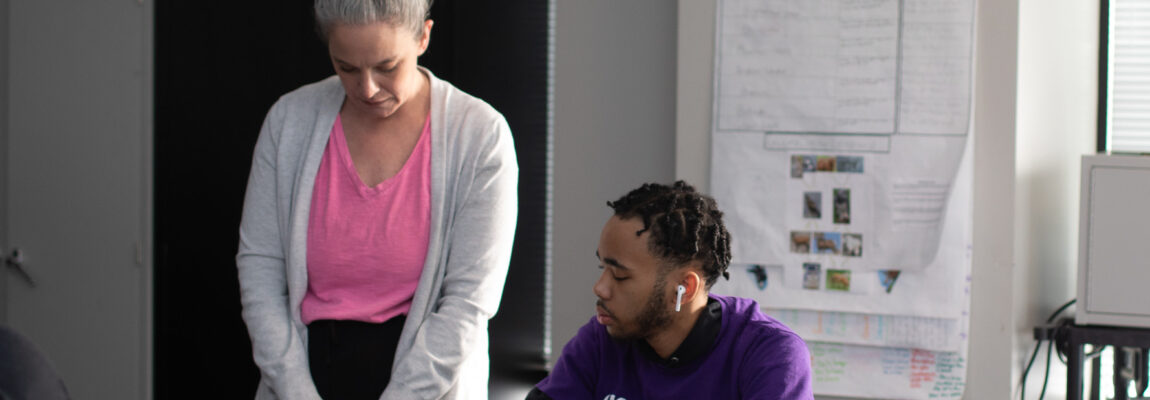As a recovery high school, Hope Academy is continually adapting to serve the unique and growing needs of young people facing substance use challenges. The landscape of youth substance use resources is shifting, and so are the ways we support our students’ paths to wellness and academic success.
In a recent article from Alcoholism and Drug Abuse Weekly, Hope Academy’s Executive Director, Rachelle Gardner, shares insights into these changes and how recovery schools across the nation are evolving to meet the demands of a high-need student population.
Historically, recovery high schools have focused on providing a safe, supportive academic environment rather than direct treatment services. However, the reduced availability of adolescent treatment services in many communities has left a gap in students’ recovery skills.
Today, many students enroll at Hope Academy directly from traditional schools where they may not have received substance use support. This trend has shifted Hope Academy from operating at the end of the treatment continuum to offering critical pre-treatment and recovery support services.
To address these needs, Hope Academy has expanded its in-house support services to ensure students receive holistic care that fosters both recovery and academic growth, and now employs an on-site therapist for 24 hours each week, an occupational therapist for 16 hours, and five dedicated recovery coaches who provide individualized guidance for each student.
To learn more about the latest developments and how Hope Academy is meeting the needs of today’s students, you can read the full article in Alcoholism and Drug Abuse Weekly here.
